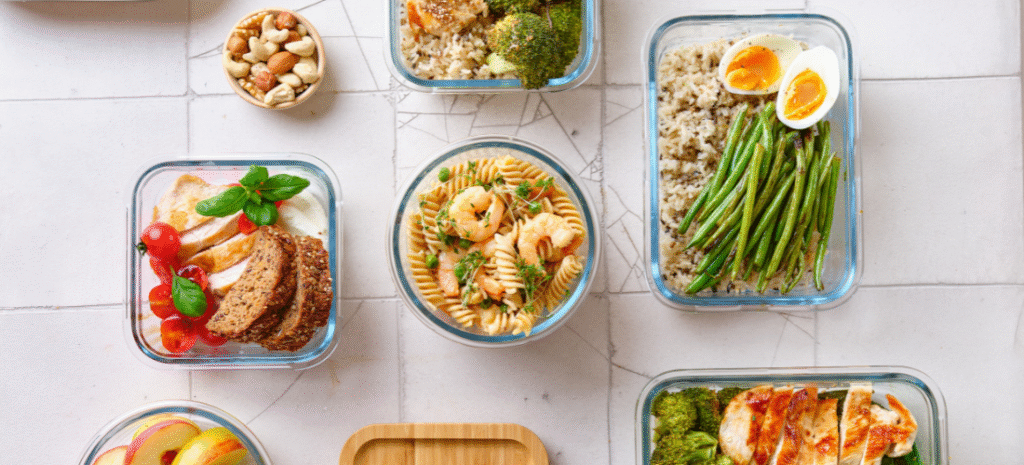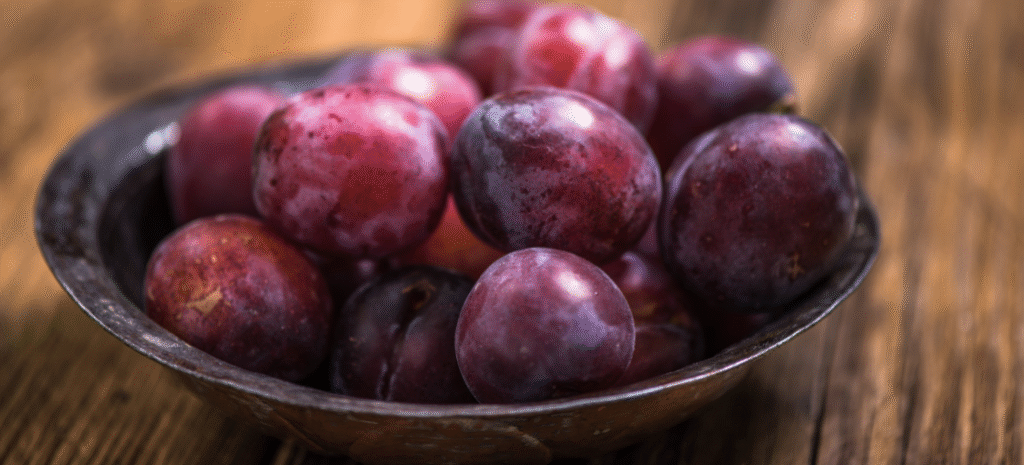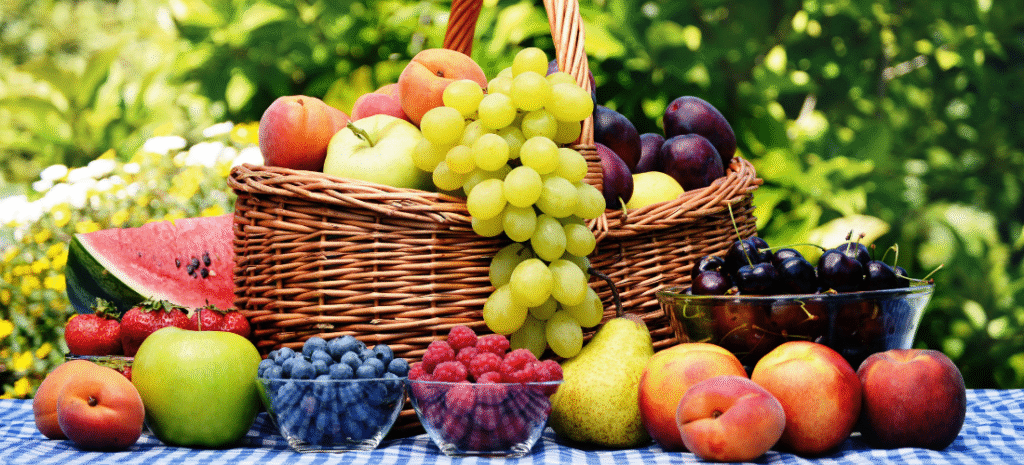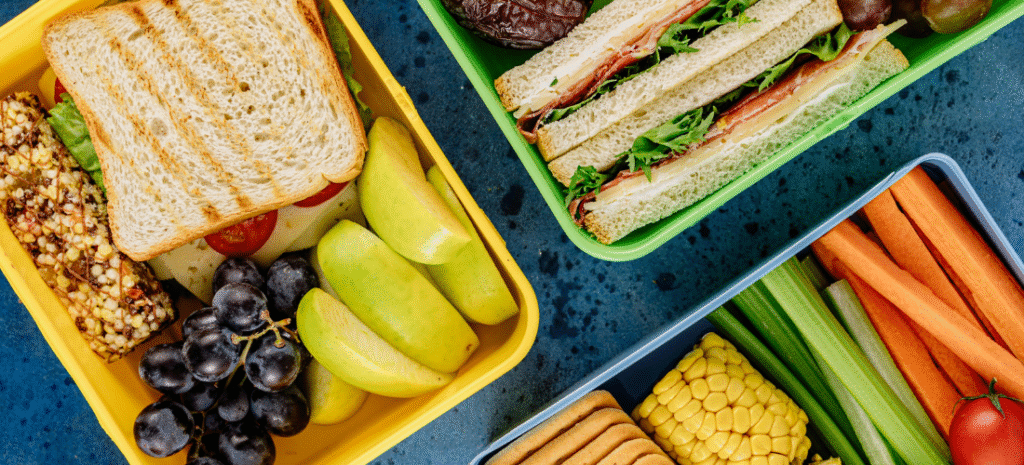Lunch and dinner are the main meals of the day and provide an excellent opportunity to introduce all the key nutrients: carbohydrates, proteins, good fats, vitamins, and minerals.
But if there is one food to pay special attention to during these meals, it is definitely vegetables.
Vegetables: from side dish to protagonist of the plate
In our culture, vegetables are often relegated to the role of a simple side dish, but nutritionally they should be the most abundant part of the plate, whether at lunch or dinner.
Here’s how to enhance them:
- In soups, creams, soups
- In sauces for seasoning pasta, cereals, couscous
- In main courses (e.g., omelet with onions, porridge with spinach, legumes cooked with vegetables)
- As raw snacks in dips or accompanied by hummus
- As ingredients in the preparation of savory pies and pancakes, meatballs, flatbreads, pizzas
- In mixed salads (raw and cooked), for variety of tastes and textures.
Don’t forget grains and protein
A balanced meal also includes:
- Sources of cereals, preferably whole grains: pasta, bread, rice, spelt, polenta, couscous
- Protein sources, with preference given to plant-based ones: legumes, tofu, tempeh, seitan, as well as eggs, fish, meat or dairy products, depending on one’s eating style.
Good fats and hydration
- Season meals with extra virgin olive oil, which is rich in antioxidants and monounsaturated fats
- Hydrate yourself not only by drinking water, but also by consuming water-rich foods, such as raw vegetables, soups or stews.
Lunch to recharge, dinner to relax
Lunch is essential to recharge energy after the morning: it must be satiating and balanced to avoid energy dips.
Dinner, on the other hand, does not have to be “lighter”: listen to your hunger and satiety, and choose dishes that offer nourishment but without weighing you down, promoting good digestion and peaceful rest.
What about after the meal?
If you wish, you can safely conclude with:
- One fruit (barring personal sensitivities such as bloating);
- Some dried fruit;
- Something sweet, if it is part of your diet and gives you satisfaction.
The key? Listening to one’s body
Every person has different needs. Each day is unique and even portions can change.
No need for strict rules: what matters is choosing foods that nourish us, satisfy us and make us feel good.
by dietitian Alessandra Zanini



